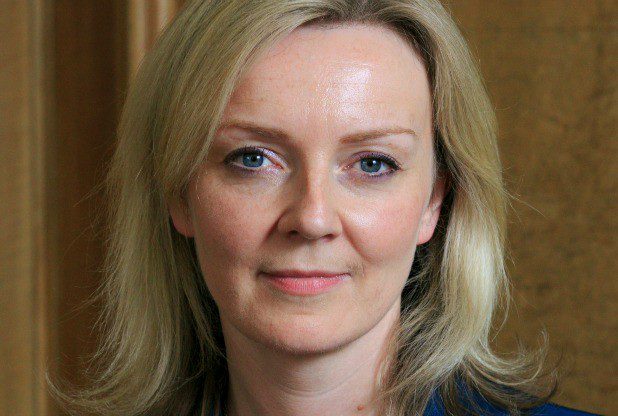
While in October environment secretary Liz Truss acted to discourage the use of solar panels in the agriculture sector – taking the position that they compete with rather than support UK food production – documents and correspondence from within her own department now appear to show that her position is one that lacks supporting evidence, and may be politically motivated.
In October Truss declared that her department, Defra, would be taking away CAP payments for solar farms, adding that she was “committed” to food production in the UK and that “it makes my heart sink to see row upon row of solar panels where once there was a field of wheat or grassland for livestock to graze”. She went on: “That is why I am scrapping farming subsidies for solar fields.”
The announcement prompted an angry reaction from the solar industry, and some bewilderment. One email asked why biomass crops may still receive a subsidy when they require significantly more land to generate an equivalent amount of energy.
The latest release of documents – a response to a Freedom of Information (FOI) request from the online publication Solar Power Portal – includes Defra correspondence revealing that the decision to scrap CAP payments had motivations other than those presented by Truss in October. It reads: “Whilst we are uncomfortable about double funding, the rationale for the change in policy is around focussing shrinking CAP funds to support farmers who want to farm”.
Additional Defra correspondence states that any use of agricultural land for renewable energy production is currently “politically sensitive”.
Data gathered by the National Farmers’ Union and renewable energy provider Green Hedge Renewables (formerly AEE Renewables) makes it clear that solar farms do not harm food production, and this data was supplied to Defra at the time of the announcement, as is now clear from the results of this latest FOI request.







